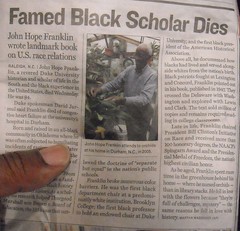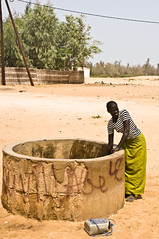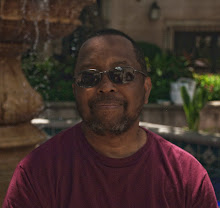"This is a textbook you will read this semester from cover to cover."
I was sitting in a classroom when a young teacher named Dennis Dowdell began passing back thick blue copies of a new textbooks with an embossed title.
The book was From Slavery to Freedom. It was written by a brilliant, but humble scholar.
John Hope Franklin was a teacher, author, orator and researcher who not only documented history but made it.
The groundbreaking text was the first widely distributed Black History text used in America's public schools. It has exposed millions to indisputable facts about U.S. history.
This was a man who saw a black settlement in Oklahoma eradicated in days and nights of ethnic cleansing after World War I.
He knew Booker T. Washington, W.E.B. Dubois, Marcus Garvey, Mary McLoud Bethune, Martin Luther King, Elijah Muhammed, Malcolm X and others on a first name basis.
He rubbed shoulders with Paul Robeson and led the research on the Brown versus the Board of Education case that allowed a young lawyer to win a 1954 court victory that eventually equalized public spending in the nation's public
schools.
I heard him lecture at an Ohio university in the 1970's and heard him speak at a church in Texas in the 1980's.
In the 1990's, I interviewed him after he was appointed to head a commission on race in America. I also smiled when this humble man who raised orchids in his spare time was awarded the Presidential Medal of Freedom.
John Hope Franklin use to joke with his mother about a "Negro" becoming president of the United States.
As a distinguished endowed professor at Duke University, he spoke in the past few months of the irony of seeing that happen.
John Hope Franklin met his maker at the age of 94. I like to think he has been able to look him in the eye and smile, adding that he knew and spoke with President Obama and died believing in the true possibilities of America.
holiday gifts
7 years ago






